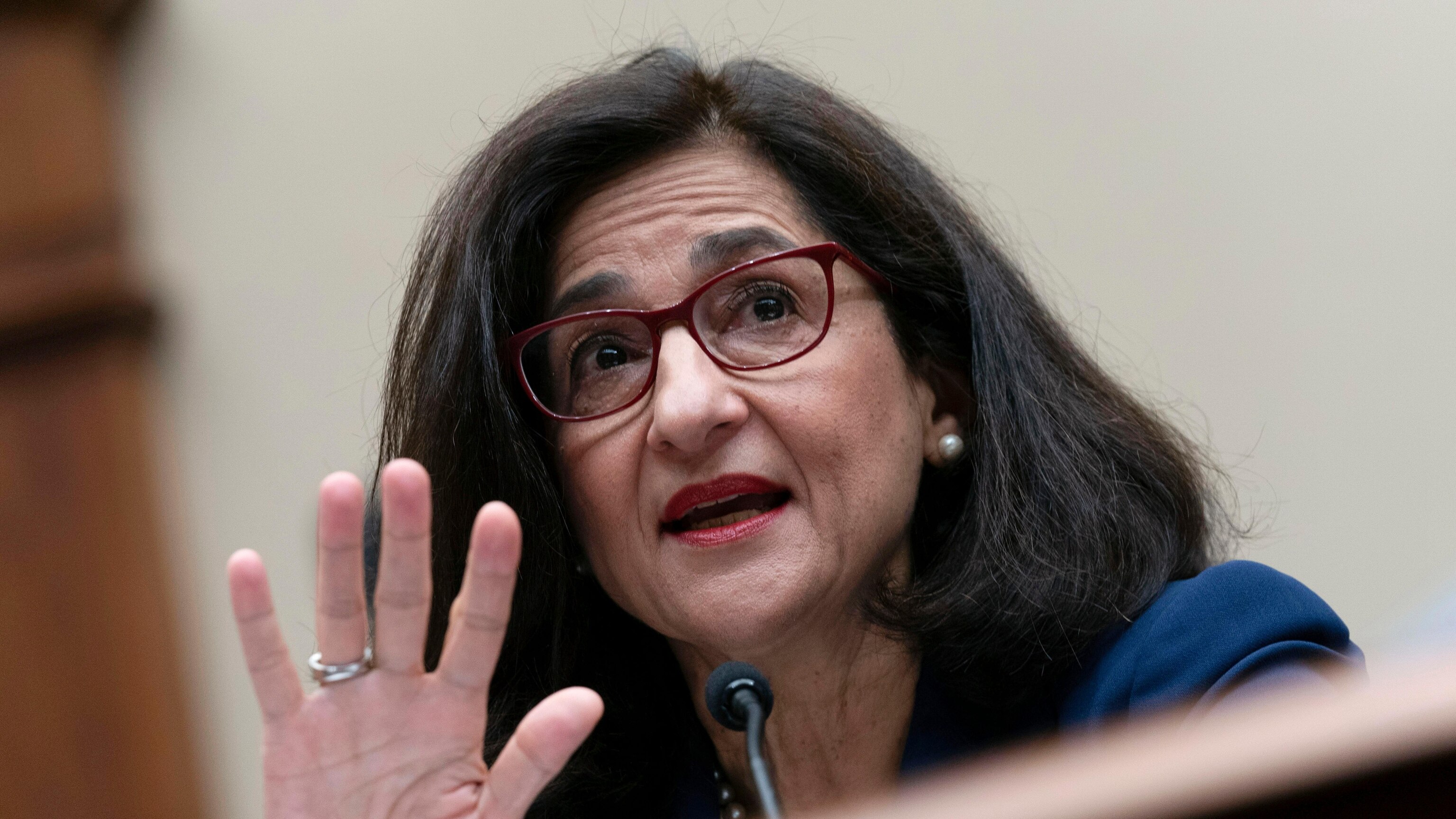Keir Starmer names Minouche Shafik as chief economic adviser amid growth and inflation challenges
Appointment of former Columbia president and ex–Bank of England deputy governor is part of a wider staff shakeup as Labour readies a difficult autumn budget
British Prime Minister Keir Starmer on Monday appointed economist Minouche Shafik as his chief economic adviser, part of a staff reshuffle intended to sharpen the government's response to a sluggish economy and a politically fraught public debate over immigration.
The move comes as the Labour administration seeks to boost economic growth and tame inflation ahead of a crucial budget this fall, when Treasury chief Rachel Reeves must weigh politically difficult choices about taxation and public spending.

Shafik brings a mix of central banking, academic and civil service experience to Downing Street. She is a former deputy governor of the Bank of England and has held senior academic and government roles in Britain. Most recently she was president of Columbia University in New York, a post she left in August 2024 after slightly more than a year amid scrutiny of her handling of campus protests and divisions related to the Israel-Hamas war.
A British-U.S. national and long-standing figure in international economics and public policy circles, Shafik is expected to work closely with ministers and officials as the government refines its strategy to revive growth and manage price pressures. The appointment is one element of a broader staffing realignment that Downing Street says is aimed at strengthening expertise available to the prime minister as Labour implements its agenda.
Labour entered government pledging to deliver sustained growth while restoring public services and managing the public finances. Persistently slow growth and inflation that has remained above pre-pandemic levels have complicated that mandate, forcing policymakers to consider trade-offs between taxation, spending and measures intended to stimulate investment. Reeves, the treasury chief, has signaled that the upcoming budget will involve difficult fiscal choices.
Shafik’s career spans senior roles in academia and government and includes public service at senior levels in the U.K. Critics of her tenure at Columbia and other recent U.S. university leaders pointed to controversies over campus politics, while supporters have highlighted her policy expertise and experience at the intersection of government, finance and higher education.
The prime minister’s office provided few immediate details about the internal responsibilities Shafik will assume or how her role will be structured relative to existing economic teams. Officials said she will advise on economic strategy, but offered no timetable for specific policy interventions beyond her immediate integration into Downing Street’s advisory cohort.
Analysts said the appointment signals Starmer’s desire to bring additional economic experience into the center of government decision-making as the administration prepares for an autumn budget that will test its ability to reconcile competing priorities. The government has signaled an intent to present detailed fiscal plans in the coming months, and Shafik’s role is likely to be judged by how those plans address growth, inflation and public services.
Shafik assumes her new role amid heightened public scrutiny of economic performance and immigration, two issues that have dominated political debate. The government faces pressure from business groups for measures that encourage investment and from parts of the public demanding tighter controls on public spending and migration.
Downing Street said the appointment was effective immediately. Further announcements on supporting appointments and the structure of Starmer’s advisory team are expected as the prime minister finalizes preparations for the autumn fiscal statement.